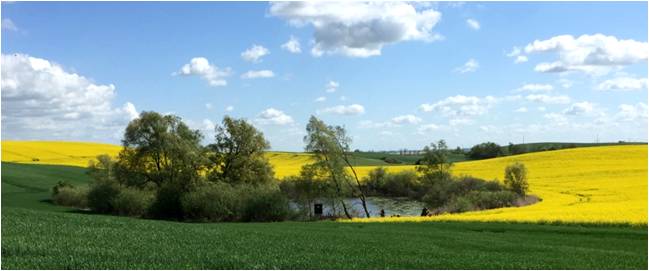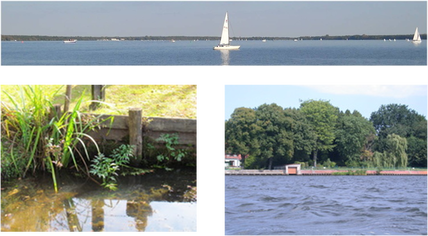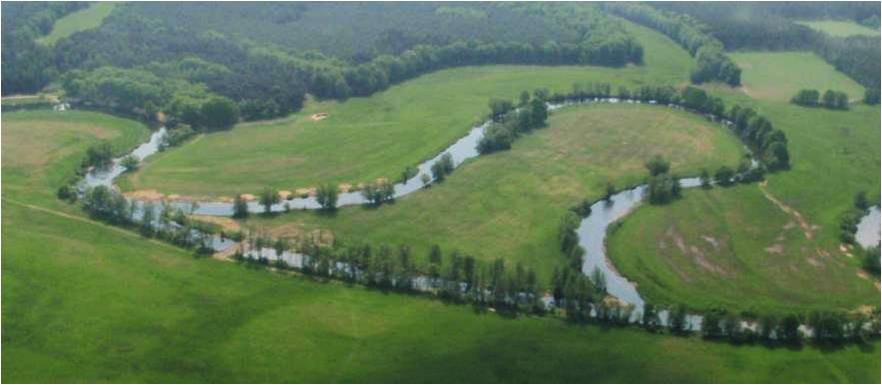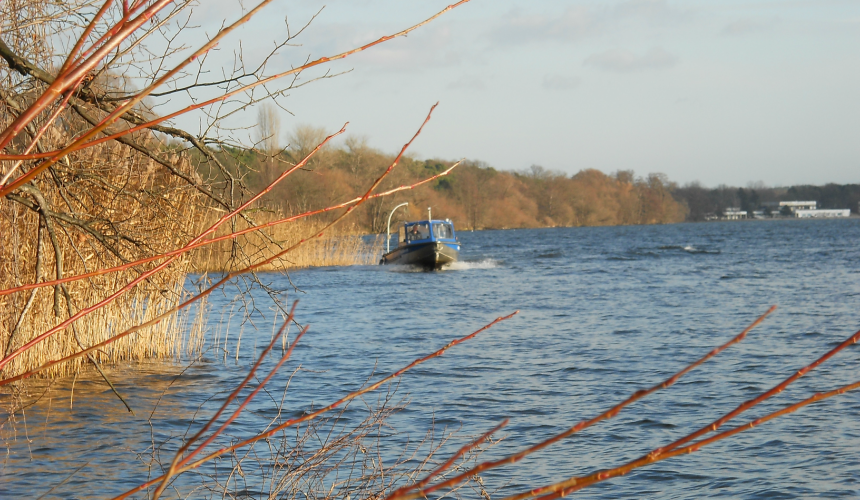Active projects
National Monitoring of biodiversity in agricultural landscapes (08/2019 - ongoing, Leader of work package 'Biodiversity of small water bodies')
FInAL - Facilitating insects in agricultural landscapes through renewable resources (05/2019 - ongoing, Leader of work package 'Aquatic insects')
Chemical and ecological Monitoring of small water bodies in agricultural landscapes (09/2014 - ongoing)




